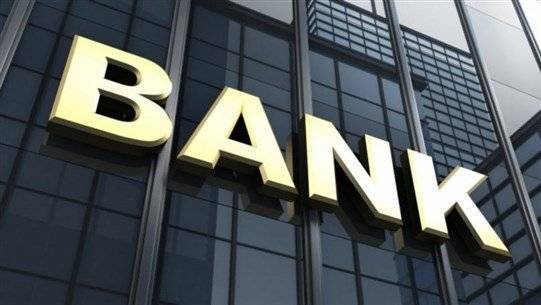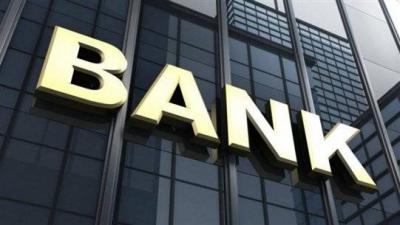Despite justifying the repeated incursions, the new closure of all bank branches in Lebanon has been marked by many ambiguities regarding its timing and reasons. The decision was discussed in the media around midnight Thursday to Friday, without any matching instructions from the central bank administrations or an official circular that is usually issued by the Association of Banks. It later became clear, according to banking sources, that even the central bank governor had not been previously informed about the decision.
These events, according to senior bankers contacted by "Asharq Al-Awsat," reflect the possibility of security-related recommendations necessitating an immediate closure decision, just before the weekend holidays extending to Tuesday morning due to the official holiday on Monday (the Prophet's Birthday). This allows the concerned parties in the Ministry of Interior and the Association of Banks time to take further organizational and procedural measures aimed at containing the anticipated increase in incursion waves.
While the Association's Board of Directors is set to determine the next steps in an expected meeting in the coming days, banker Najib Samaan confirmed that there is no escape from addressing the causes of this harmful phenomenon for both clients and banks. The use of force by some depositors is, in fact, at the expense of the legitimate withdrawal shares of all depositors, leading to a disruption in the principle of equity in daily liquidity distributions according to the exceptional rules set in the circulars issued by the monetary authority.
Samaan noted the consensus among bank administrations, emphasized in board meetings and general assemblies, on the need to deal positively with specific and urgent humanitarian cases that necessitate the injection of additional liquidity for some depositors due to urgent medical or educational reasons that cannot be delayed. However, he stated that individual behaviors under any pretext that undermine the dignity and safety of employees and customers should not be tolerated, given that employees also suffer from the severe circumstances and ongoing financial and living deterioration over the past three years.
According to Samaan, this type of emergency crisis necessitates seeking sustainable solutions through practical treatments based on a legal framework that protects the rights of all parties within the available capabilities. It should also be acknowledged that the reality of the state's inability and its agencies to provide adequate security for about 900 bank branches parallels the importance of banks' administrations ensuring the safety of their employees and entities and the complete rejection of any punitive measures against their clients.
Samaan expressed surprise at the continued delay in enacting legislation that defines the exceptional regulations for managing capital, liquidity, and transfers to align with the content of the regulatory circulars issued by the central bank, particularly those regarding monthly cash withdrawal quotas in dollars and Lebanese pounds, and the transfer from dollar accounts to Lebanese pounds at the client's request.
Meanwhile, the establishment of a special banking court is a vital demand to adjudicate existing or future disputes between institutions and rights holders, including shareholders and depositors. This legal reference, which Samaan proposes adopting in the style of the “special court for financial markets,” possesses all the characteristics of urgent legislation that handles emergency cases according to the rules of summary judgment, whether concerning banks and their clients or regarding the files of financial and investment bank placements, including the majority of deposits that banks placed as investments, certificates of deposit, and reserves with the central bank, as well as financing the national debt.
The central tasks of the special court include examining disputes arising between natural and legal persons stemming from "the activities of the concerned sector." According to the legal text applied in the Financial Markets Court, which can be adapted to the provisions of the banking court, the president of the court considers requests for urgent measures without touching on the right to the substance of all matters within the jurisdiction of the special court; the issued decision is subject to appeal before the court within eight days from the date of notification, but the appeal does not suspend the decision's execution unless the court decides to stay execution with a guarantee defined by its type and amount or without a guarantee. The court also decides on the objection according to expedited procedures.
In the backdrop, various repeated frameworks for capital control legislation failed due to gaps and divergent views on the premises and applications, with the ultimate result linking its final enactment to the approval of a comprehensive recovery plan as one of the legal conditions requested by the International Monetary Fund.
The government plan acknowledges the need to impose temporary measures for managing capital flows. In particular, it emphasizes the necessity of evaluating the limits of deposit withdrawals, corresponding to the liquidity level of the financial sector depending on future developments to ensure adherence to those limits over time. The implementation of these measures will vary as necessary to reduce disruption in the payment system and ensure the execution of essential transactions. These restrictions also require reconsideration and reevaluation based on evolving circumstances, with their gradual easing dependent on improvements in the balance of payments and the financial health of banks.




